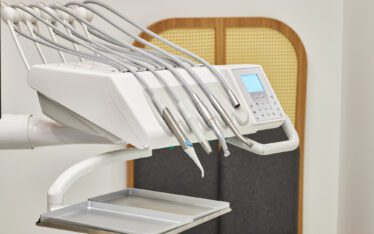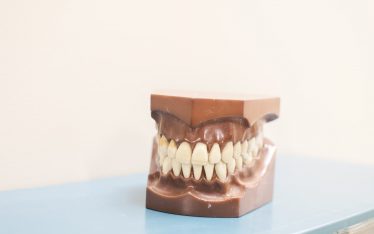How does periodontal disease affect my entire body?
There are many well-established links between our oral health and the health of our entire body (the oral-systemic link). Studies have shown that people who suffer from periodontal disease are as much as twice as likely to suffer a heart attack, and 3x as likely to suffer a stroke. Researchers have found a bi-directional relationship between diabetes and gum disease – meaning that people who have both diabetes and gum disease will have a harder time controlling the symptoms/effects of both diseases. Pregnant women who have periodontal disease are more likely to give birth to a pre-term, low birth-weight baby. Additionally, the growth of harmful bacteria in the mouth can act as a reservoir for bacteria leading to increased likelihood of respiratory infections. Periodontal disease has been linked to a higher incidence of kidney, pancreatic, and oral cancers. As well, there is a growing body of evidence that suggests that periodontal disease bacteria may play a role in the development of Alzheimer’s disease and memory disorders.
If you have been diagnosed with periodontal disease, know that you are not alone! Periodontitis is a growing epidemic throughout the world. Over half of American adults have been diagnosed with periodontitis, as it is easily transmissible through activities like kissing and sharing drinks or food. With proper diagnosis and care, periodontitis can be controlled.
Periodontal disease is typically diagnosed during your preventative hygiene dental care visit. Diagnosis of periodontal disease can be made following a thorough exam, including review of medical history, x-rays, and periodontal charting. During review of x-rays, your Dentist in Colorado Springs and hygienist are looking not only at the teeth, but also the underlying bone structure, inspecting for signs of bone loss. Periodontal charting includes measurements of the gums as well as a visual examination to determine if there is mobility of any teeth, bleeding, or pus. Once periodontal disease is diagnosed, a thorough periodontal therapy style of cleaning will be recommended with accompanying laser therapy. A periodontal therapy appointment is usually longer than a typical dental cleaning and may be separated into two or more appointments for patient comfort and effectiveness. Following periodontal therapy with your hygienist, 3-4 month periodontal maintenance appointments will be recommended to maintain optimum oral health while pocketing remains. The main goal of periodontal treatment is to control the infection and prevent advancement of the disease, as it is currently impossible to cure periodontal disease.
Want more information? Contact our dental office Colorado Springs today to schedule an appointment with one of our awesome hygienists.




